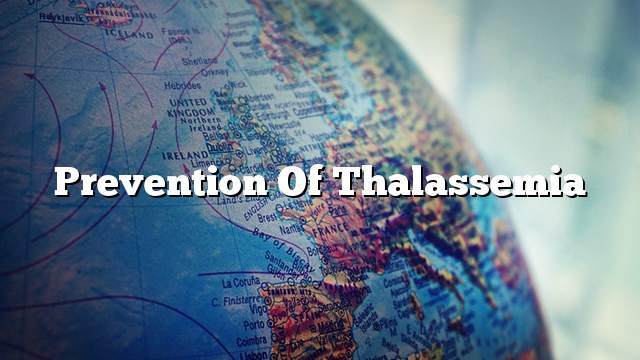Thalassemia, or so-called Mediterranean anemia, is defined as a hereditary disease of red blood cells due to gene dysfunction, and is spread in the Mediterranean region.
Types of Thalassemia
- Alpha thalassemia
- Beta thalassemia
- Delta Thalassemia
Prevention of Thalassemia
To avoid having a child with Central or Greater Thalassemia, a young man and a girl must have a prenuptial examination. This test shows if a parent is pregnant with the genetic trait of the disease. If a parent is pregnant, it is OK to complete the marriage. Both parents are infected; it is very likely that their son will be infected with thalassemia.
Early diagnosis during pregnancy, taking a blood sample from 8 to 12 years of age, and DNA analysis all contribute to avoiding thalassemia.
Thalassemia risks
- Severe anemia.
- Some physical malformations occur
- Delayed mental and physical development of the child
- Weak child immunity
- Dental problems.
- Oxford handbook of clinical medicine 8th edition
- Dvidson’s principles and practice of medicine 21st edition
- illustrated textebook of pediatrics -Tom lissauer, Graham Clayden 3rdedition
